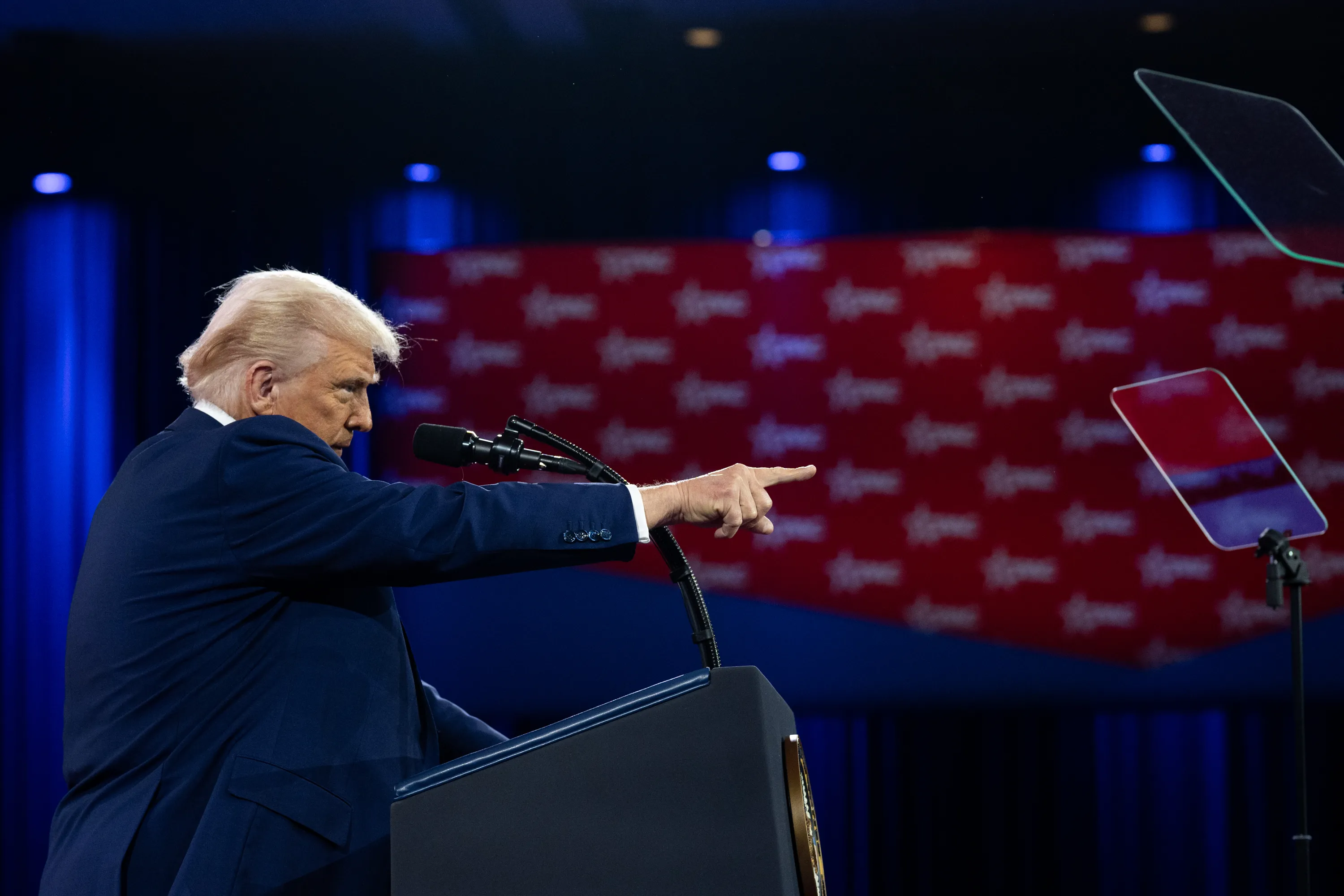Kyiv is under pressure: US demands quick response to Trump’s peace plan to end war
21 April 09:37
The administration of US President Donald Trump has developed and presented Ukraine with a peace initiative that could potentially end a full-scale war with Russia. However, instead of clear guarantees of security and restoration of sovereignty, the Ukrainian side is actually offered to make serious concessions: to recognize the status quo of the occupied territories, agree to neutrality and de facto allow Russia to retain leverage over Ukraine, "Komersant Ukrainian" reports citing the WSJ.
According to the media, the US plan includes several key components:
- freezing the conflict on the current front line without returning the temporarily occupied territories;
- exclusion of Ukraine from the prospect of joining NATO, which contradicts Kyiv’s official position and the support of most NATO countries;
- lifting some sanctions against Russia in response to the ceasefire;
- the launch of an investment fund for Ukraine’s recovery, which will involve American companies, particularly in the energy and strategic raw materials sectors.
The most sensitive point was the clause on the possible transfer of rights to extract Ukrainian resources to the United States in exchange for funding for post-war reconstruction. This approach provoked a mixed reaction among Ukraine’s political class and expert community: on the one hand, it implies large-scale financial support, on the other hand, it means potential loss of strategic control over national assets.
Kyiv’s reaction: cautious criticism and diplomatic resistance
President of Ukraine Volodymyr Zelenskyy has publicly stated that “no diplomat has a mandate to negotiate on the territory of Ukraine.” According to him, no agreement that secures Russia’s control over the occupied lands can be acceptable. Zelenskyy also criticized US Special Representative Steve Witkoff for “repeating Russian talking points” during the talks in Paris.
Kyiv insists that a real ceasefire must be established before any political conditions can be discussed. Ukraine has formally agreed to a cessation of hostilities, but demands a similar step from Russia as a minimum condition for further negotiations.
The European factor: cautious support and fear of a split
European allies, including France, Germany and the United Kingdom, are also involved in the negotiations. Their strategy is to demonstrate support for American initiatives, but at the same time to protect Kyiv’s interests.
French President Emmanuel Macron held talks with the American delegation in Paris, trying to balance the interests of the United States and Ukraine. At the same time, Brussels does not hide its concern: if Ukraine is forced to agree to terms that legalize Russian aggression, it could set a dangerous precedent for the whole of Europe.
The most acute problem is the issue of sanctions. Lifting restrictions on Moscow without withdrawing its troops could provoke an internal crisis of confidence in the EU. After all, some member states are already distrustful of this initiative. In particular, Poland, the Baltic states, and the Czech Republic insist on maintaining the toughest possible stance against Russia.
The Trump administration’s position: haste and ultimatums
In an interview with journalists, Secretary of State Marco Rubio said: “The United States is not ready to negotiate for months. If an agreement is not reached “within a few weeks,” Washington will focus on other priorities. Such an approach openly puts pressure on Kyiv, creating a “countdown” atmosphere.
For his part, Vice President J.D. Vance expressed “cautious optimism” during his visit to Rome, noting that the United States believes peace is possible in the short term-but not at any cost.
What’s in the pipeline?
The coming weeks could be crucial for Ukraine’s foreign policy course. Kyiv is facing a choice: either a diplomatic compromise with losses or further resistance with the risk of reduced support from a key ally. At the same time, the real state of affairs at the front, public attitudes toward concessions, and domestic political stability will be key factors in shaping the response to the American ultimatum.
Читайте нас у Telegram: головні новини коротко









